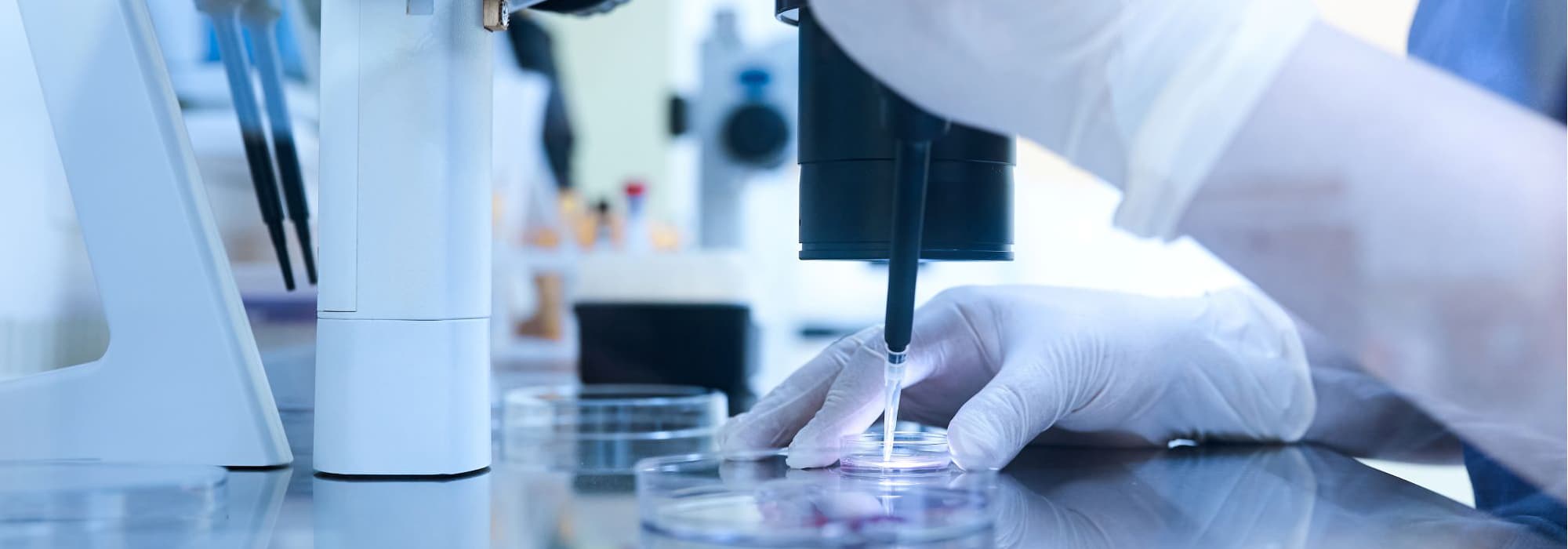
FAMILY BUILDING
Family Building for Gay Men
Your Path to Parenthood
Building a family as a gay man or gay couple involves several steps, and AFCT is here to guide you through each one with expertise and compassion. We have helped many gay men and couples achieve their dream of fatherhood.
The Process
Step 1: Egg Donor Selection
Choose an egg donor from our exclusive donor egg bank or work with an egg donation agency. All donors undergo comprehensive medical, genetic, and psychological screening.
Step 2: Gestational Carrier Selection
Work with a surrogacy agency to find a gestational carrier who will carry your pregnancy. The carrier has no genetic connection to the baby.
Step 3: IVF and Embryo Creation
Eggs are fertilized with your sperm (or your partner’s sperm) using IVF with ICSI. Embryos can be genetically tested with PGT for the healthiest possible outcome.
Step 4: Embryo Transfer
A selected embryo is transferred to the gestational carrier’s uterus.
Split Cycles
For couples, we can create embryos using sperm from both partners — either splitting the donor eggs or fertilizing different batches — so that both partners have a biological connection to their children.
Legal Considerations
We work with experienced reproductive attorneys to establish parental rights before birth, including pre-birth orders and proper legal agreements with donors and carriers.
Take the Next Step
Schedule a consultation with our fertility specialists to discuss your personalized treatment plan.
